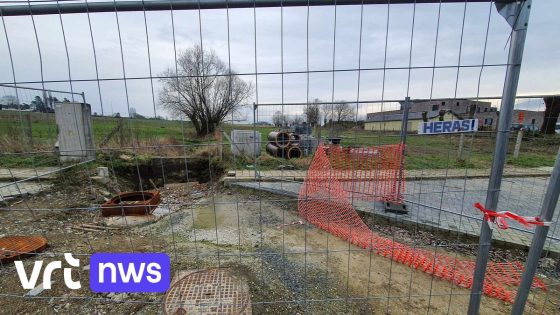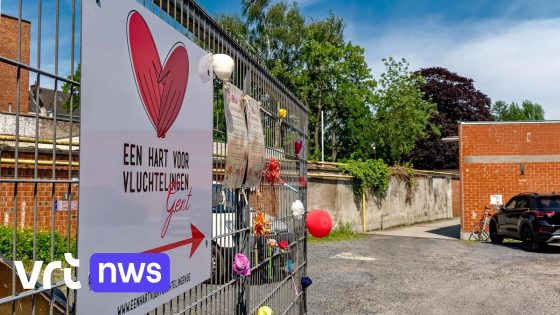On February 9, 2025, a significant decision was made regarding the water purification facility in Bellingen. Mayor Peter Van Custem announced that the previous administration’s choice has been overturned, sparking discussions about future steps. What does this mean for local residents and their environment?
- Previous board made the decision
- Opposition to the chosen location
- Future steps will involve Aquafin
- Emphasis on transparency in processes
- Collaboration with residents is essential
- Aim for a sustainable solution
Water Treatment Facility Permit Overturned: Implications for Local Residents
The recent cancellation of the water purification station permit raises questions about community involvement. How will local residents influence future decisions? Mayor Van Custem insists on transparency and cooperation as they engage with Aquafin to outline next steps.
Future Steps for Water Management in Bellingen: Community Engagement is Key
The mayor’s commitment to involving citizens is crucial as plans move forward. Engaging locals ensures that solutions are sustainable and widely accepted. The focus now shifts to how Aquafin will collaborate with the community to address concerns effectively.
The Importance of Transparency in Environmental Decisions
Transparency fosters trust between officials and residents. When communities are informed, they feel empowered to voice their opinions.
- Open communication channels enhance public trust.
- Community feedback can lead to better environmental outcomes.
- Sustainable practices benefit both people and nature.
- A collaborative approach strengthens community bonds.
How Local Governments Can Foster Community Involvement
Local governments can adopt various strategies to encourage citizen participation:
- Host public forums for discussion on environmental issues.
- Create online platforms for feedback and suggestions.
- Cultivate partnerships with local organizations focused on sustainability.
The Role of Aquafin in Future Water Management Plans
Aquafin plays a pivotal role in managing Belgium‘s wastewater treatment systems. Their collaboration with local authorities will be essential in developing effective solutions that prioritize both ecological health and community needs. As discussions progress, what innovative strategies could emerge from this partnership?

































